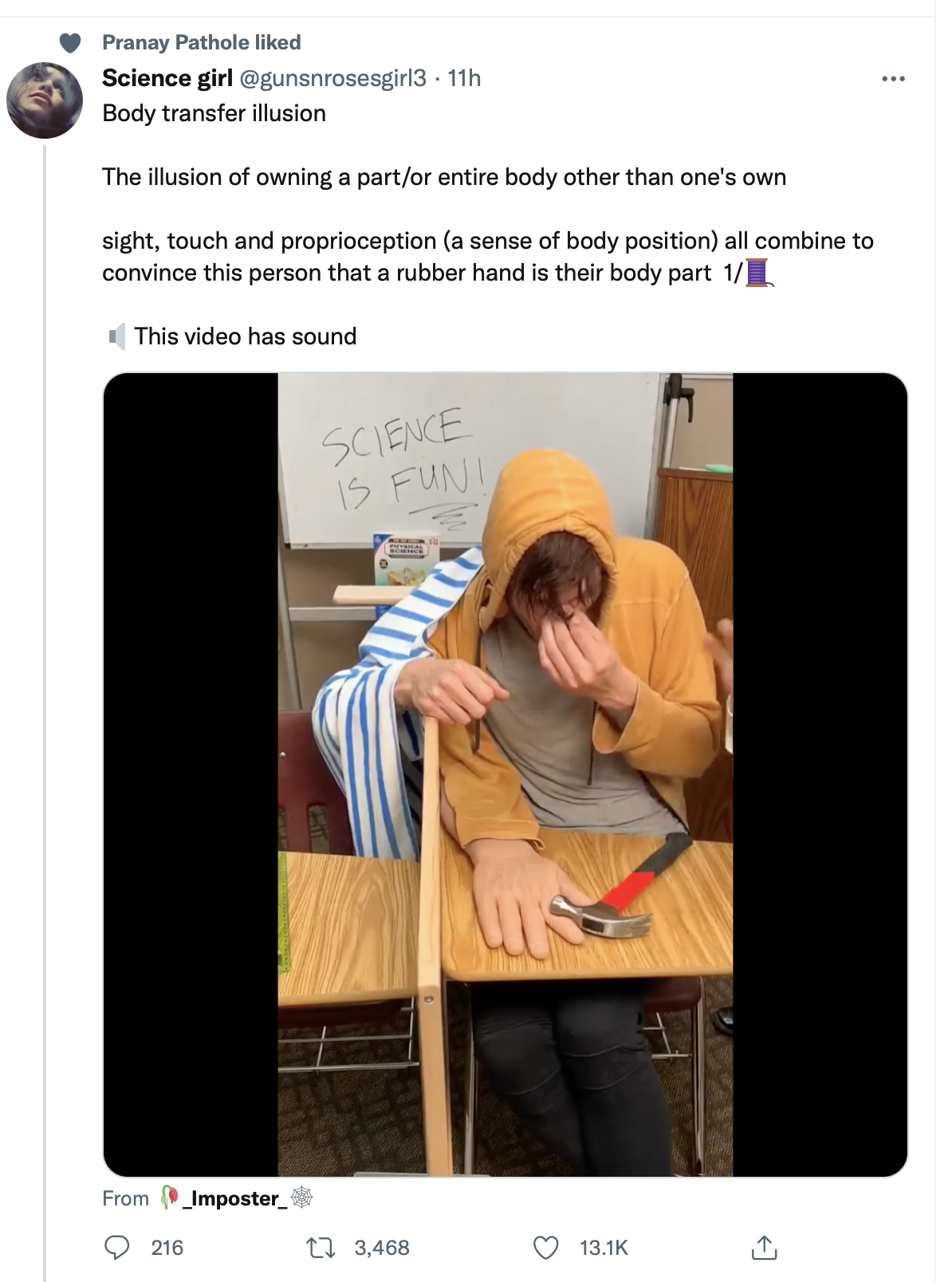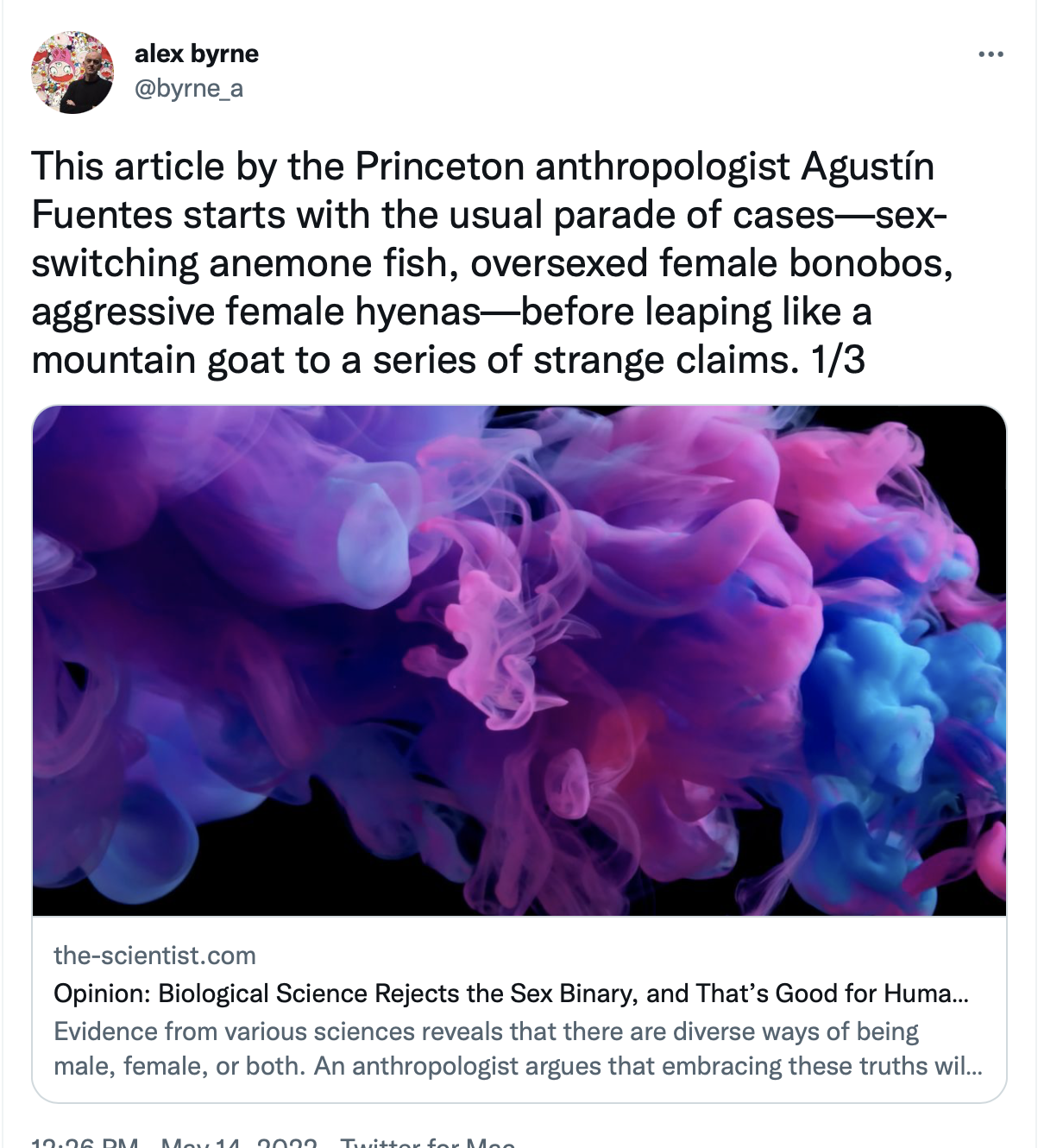This is Chapter 28 of my advice to a hypothetical baby. I'm using this website to act out my time-travel fantasy of going back give myself pointers on how to avoid some of Life’s potholes. If I only knew what I now know . . . All of these chapters (soon to be 100) can be found here.
Why do people do the things they do? How can we make sense of all of this talk about what is "moral," and what is "right" and "wrong." These are an extremely difficult topics. As we already discussed, however, we need to beware systematizers who scold you to based on their mono-rules of morality. That was the main take-away from the previous chapter.
In this chapter, I’ll briefly discuss three approaches to morality that don’t rely on such simplistic rules. The first of these thinkers is Aristotle, who still has so very much to offer to us almost 2,500 years after he lived. His view of what it means to be virtuous is a holistic set of skills that requires lifelong practice. What a change of pace from the mono-rules of other philosophers. I’ll quote from Nancy Sherman’s book, Fabric of Character pp. 2 - 6:
As a whole, the Aristotelian virtues comprise just and decent ways of living as a social being. Included will be the generosity of benefactor, the bravery of citizen, the goodwill and attentiveness of friends, the temperance of a non-lascivious life. But human perfection, on this view, ranges further, to excellences whose objects are less clearly the weal and woe of others, such as a healthy sense of humor and a wit that bites without malice or anger. In the common vernacular nowadays, the excellences of character cover a gamut that is more than merely moral. Good character--literally, what pertains to ethics—is thus more robust than a notion of goodwill or benevolence, common to many moral theories. The full constellation will also include the excellence of a divine-like contemplative activity, and the best sort of happiness will find a place for the pursuit of pure leisure, whose aim and purpose has little to do with social improvement or welfare. Human perfection thus pushes outwards at both limits to include both the more earthly and the more divine.
But even when we restrict ourselves to the so-called ‘moral’ virtues (e.g. temperance, generosity, and courage), their ultimate basis is considerably broader than that of many alternative conceptions of moral virtue. Emotions as well as reason ground the moral response, and these emotions include the wide sentiments of altruism as much as particular attachments to specific others. . . Pursuing the ends of virtue does not begin with making choices, but with recognizing the circumstances relevant to specific ends. In this sense, character is expressed in what one sees as much as what one does. Knowing how to discern the particulars, Aristotle stresses, is a mark of virtue.
It is not possible to be fully good without having practical wisdom , nor practically wise without having excellence of character . . . Virtuous agents conceive of their well-being as including the well-being of others. It is not simply that they benefit each other, though to do so is both morally appropriate and especially fine. It is that, in addition, they design together a common good. This expands outwards to the polis and to its civic friendships and contracts inwards to the more intimate friendships of one or two. In both cases, the ends of the life become shared, and similarly the resources for promoting it. Horizons are expanded by the point of view of others, arid in the case of intimate relationships, motives are probed, assessed, and redefined.
Aristotle is talking to those of us who live in the real world, recognizing the complexity of the real world and helping us to navigate as best we can. Again, what a change from the mono-rules! This real-world applicability and appreciation of nuance is something Aristotle has in common with
the Stoics, which we discussed in Chapter 21.
Here’s another approach, this one from modern times. For a long time, I've been almost obsessed that what we think of as moral is, in a real sense, beautiful and what we think of as immoral is ugly. Based on our reactions to situations that are "moral" and "immoral," there is no possible way that these things are not connected. Such an approach also recognizes that morality is not dictated by any static set of commandments or imperatives. Rather, both morality and art are, at least to some extent, in the eye of the beholder.



